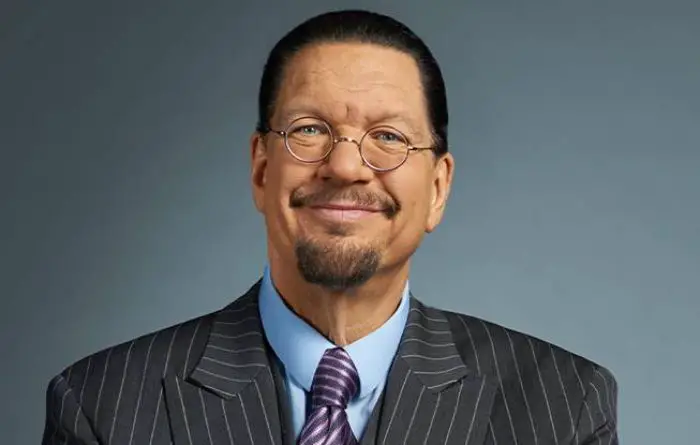Motorcycling is a thrilling and liberating experience for many enthusiasts, offering a sense of freedom and connection with the open road. However, there are risks associated with it, and traumatic brain injury (TBI) is one of them.
Suffering from a TBI can drastically alter a motorcyclist’s life, presenting a myriad of challenges that extend beyond the physical realm. You need to get help for your TBI claim as soon as possible to ensure fair compensation for all the losses you have suffered.
Here are some of the significant challenges a motorcyclist with TBI may face:
1. Physical Impairment
One of the primary challenges faced by a motorcyclist with TBI is the physical impairment resulting from the injury. TBI can affect motor skills, coordination, and balance, challenging even simple physical tasks. Basic actions like walking, reaching, and grasping may become tough, forcing individuals to relearn or adapt to their new physical limitations.
2. Cognitive Functionality
TBI often disrupts cognitive functions, including memory, attention, and problem-solving abilities. This can lead to difficulties in everyday tasks such as following instructions, remembering appointments, or managing multiple responsibilities.
The cognitive challenges may also extend to processing information; decision-making becomes more complex and time-consuming.
3. Emotional and Behavioral Changes
Motorcyclists with TBI frequently experience emotional and behavioral changes that can strain personal relationships and hinder social interactions. People with mood swings, impatience, and increased sensitivity may struggle to function in social circumstances.
These changes require personal resilience and support from friends, family, and mental health professionals.
4. Rehabilitation and Recovery
Recovering from a TBI is a long and demanding process that often involves extensive rehabilitation. Motorcyclists may simultaneously grapple with rehabilitation’s physical, cognitive, and emotional aspects, requiring significant time, effort, and resources. Patience and perseverance become crucial elements in the journey towards recovery.
5. Financial Strain
Treatment for a traumatic brain injury can be very expensive. The financial burden can be significantly increased by medical bills, rehabilitation fees, and the possibility of losing income if one cannot work. Motorcycle riders may have to deal with insurance disputes, disability benefits, and court cases, which can be stressful on top of difficult circumstances.
6. Impact on Employment
For many motorcyclists, riding is not just a hobby but also a means of commuting or even a profession. TBI can jeopardize an individual’s ability to return to their previous employment, especially if their job involves physical and cognitive demands.
Re-entering the workforce may require vocational rehabilitation, job retraining, or finding alternative employment opportunities that align with the individual’s capabilities.
7. Social Isolation
The physical and cognitive challenges faced by motorcyclists with TBI can lead to social isolation. Activities that were once enjoyed may become difficult or impossible, limiting opportunities for social interaction. The emotional toll of TBI may also contribute to a sense of isolation as individuals struggle to connect with others who may not fully understand their experiences.
8. Adaptive Transportation
For motorcyclists with TBI, riding again may seem distant or impossible. In many cases, adapting to alternative forms of transportation becomes a necessity. This transition may involve learning to drive a car, using public transportation, or relying on assistance from others.
Adjusting to a new mode of transportation can be emotionally challenging, as it represents a significant shift in lifestyle and independence.
Final Thoughts
The difficulties experienced by motorcycle riders who have suffered traumatic brain injuries go well beyond the immediate effects of the incident. The road to recovery is difficult and complex, involving everything from emotional and financial difficulties to cognitive and physical disabilities.
Rehab, medical assistance, and a strong support network, however, can help people overcome these obstacles and work toward starting again after a traumatic brain injury. To reduce these potentially fatal injuries, society must advocate for safety precautions and increase public knowledge of the risks of riding a motorcycle.
The post The Challenges a Motorcyclist with TBI Will Face appeared first on Heal How.






